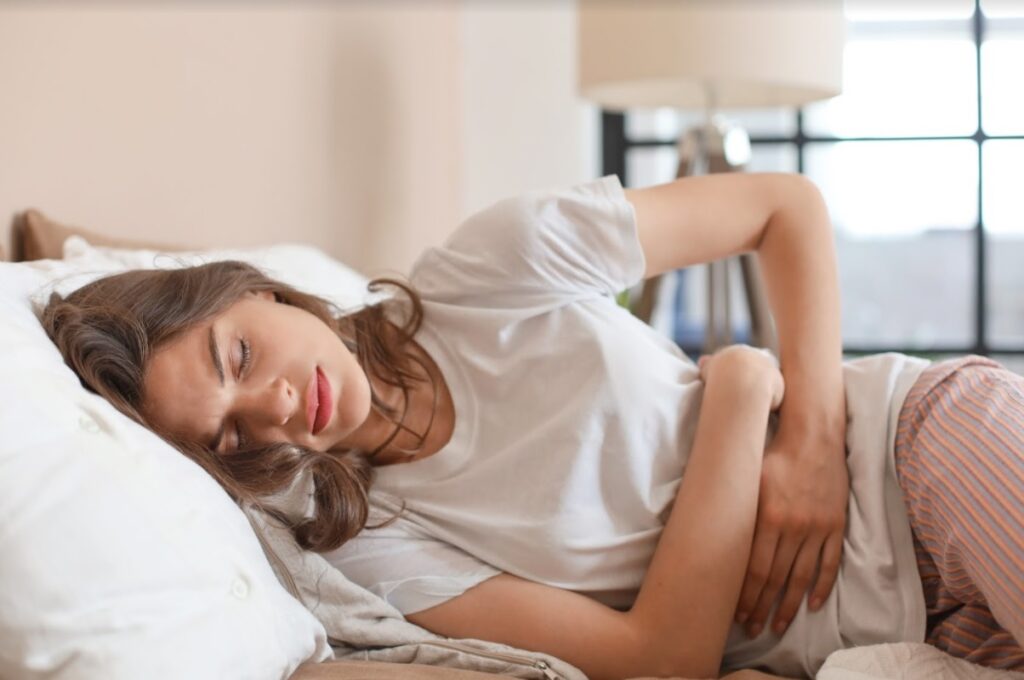Let us get straight to the point: colonoscopy ranks high in the list of medical procedures that most people try to avoid in their lifetime. If we are going to be honest, this is due to the fact that undergoing colonoscopy is not exactly comfortable and the preparation needed can be awfully inconvenient and bothersome. But here is the thing – going to a colonoscopy clinic in Orchard can actually save your life. Despite being a common, life-threatening disease, colorectal cancer is preventable. And the earlier it gets diagnosed, the better the chances are for making a recovery.
Colorectal cancer remains the third most common type of cancer, and it also holds the unfortunate title of being the second leading cause of cancer mortality. Colorectal cancer starts from abnormal tissue growths in the colon or rectum called polyps and it is often referred to as a “silent” killer because a patient could have colon cancer for many years without experiencing any symptoms at all! Most symptoms (if not all) have a tendency to appear when the cancer has spread or progresses. A colonoscopy screening allows the doctor to find and remove the polyps before they turn cancerous. The procedure can also help diagnose other intestinal issues that might be present.
To learn more about colonoscopy, this article will answer two important questions:
- What happens before, during, and after a colonoscopy?
- When should I get a colorectal screening?
Colonoscopy – what happens before and during
Since precancerous polyps and early-stage colorectal cancer have no obvious symptoms, colonoscopies become even more detrimental. It is a highly effective screening procedure, and it is a must for everybody – regardless of age, gender, or personal health history. As they say, everyone with a colon is susceptible to colorectal cancer so the best thing to do is to make sure that you get a screening test early to avoid unwanted surprises along the way!

Once you have made the right choice and a date for your colonoscopy has been set, your doctor will provide certain guidelines that you need to follow. Bear in mind that the procedure itself is not too complicated but the preparation can be time-consuming and tedious – that is why a lot of people dread colonoscopies. A day before you get a colonoscopy, you cannot eat any solid food. You will be put on a clear liquid diet which means you can only consume plain water, broth, coffee, or tea (no creamers and dairy allowed). This is required for all colonoscopy patients so that nothing can block the digestive system while the doctor examines the colon and rectum. Your doctor will also remind you not to drink anything after midnight the day before your colonoscopy in Singapore.
You are required to take a laxative to clear your digestive tract, too. Several days before the procedure, you should avoid foods with red dyes (as this can be mistaken for blood during the examination) and seeds since these can potentially make the screening test more difficult. If you are taking supplements or medications, you should inform your doctor so that necessary adjustments to the medication schedule can be made. And last but not the least, your doctor will tell you if an enema is necessary. This is something that is not on anyone’s favorite list but if you want the screening test to yield accurate results, you need to follow the doctor’s instructions, no matter how uncomfortable or inconvenient they are. Otherwise, you might be required to undergo an alternate procedure and you definitely would not want to go through the same preparation practices all over again!
On the day of the colonoscopy, your doctor will apply anesthesia to help you relax. You will not feel any pain and the anesthesia will also help calm down the nerves if you are feeling anxious, agitated, or scared (all of which are perfectly normal!). The procedure lasts between twenty to sixty minutes. During a colonoscopy, the doctor will use a scope with a small video recording device at the tip to allow him or her to see the colon’s lining and detect any visible signs of abnormal growths. Most polyps are benign (non-cancerous) but they will be removed if they are present because they can cause colorectal cancer. By removing the polyps, colon cancer can be prevented before it even starts.If there are clumps of abnormal tissues, the doctor will take samples for further testing. This process is called biopsy.
When the procedure is done and over with, you will be transferred to the recovery area to rest while waiting for the anesthesia to wear off. The groggy effect of the sedation could last for several hours so it is best that you stay at home for the rest of the day. Most colonoscopy patients reported feeling bloated or gassy after the procedure, but it should subside after about an hour. To give the intestines some time to recover, your doctor will prescribe a special diet if you had a biopsy.
Do not be surprised if your bowel movement gets delayed for a few days after the colonoscopy, or if there are droplets of blood in your stool. This is normal and you should have nothing to worry about. However, if you notice huge clumps of blood in your stool and/or the bleeding persists for more than a day, you should contact your doctor or the nearest health facility for immediate medical attention. Do the same if you have a high fever or experience severe dizziness and/or pain in the abdomen.
When is the best time to get a colorectal screening?
It is never too early to seek a diagnosis. Generally, most doctors suggest colonoscopies for people at the age of 50, earlier if they have a family history of the disease. Studies show that there is a greater incidence of colon cancer in older people and if the risk just gets higher if a person has a history of smoking, obesity, or inflammatory bowel disease. The best way to find out when you should get a colorectal rectal screening is by talking to your doctor. Your doctor will then provide an assessment based on your current health status, family history, and lifestyle choices.
Get tested – ASAP!
Getting a regular colonoscopy is not the easiest thing to do but it is necessary to prevent colon cancer, so make sure that you get a screening test as early as possible. Do not wait until it’s too late and the damage is irreversible – colon cancer is curable as long as it is detected at an early stage.
